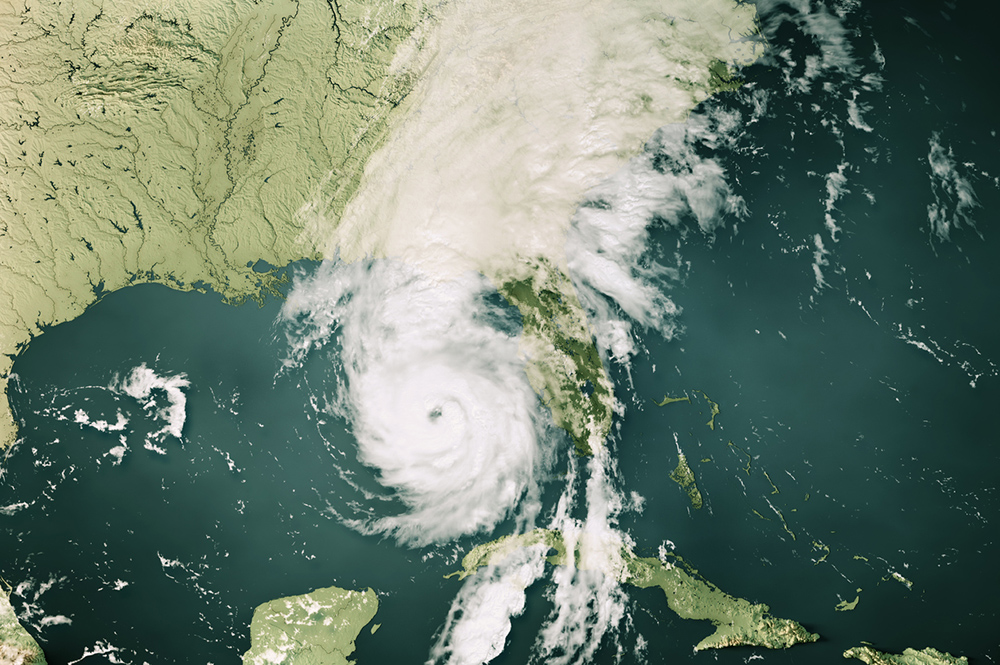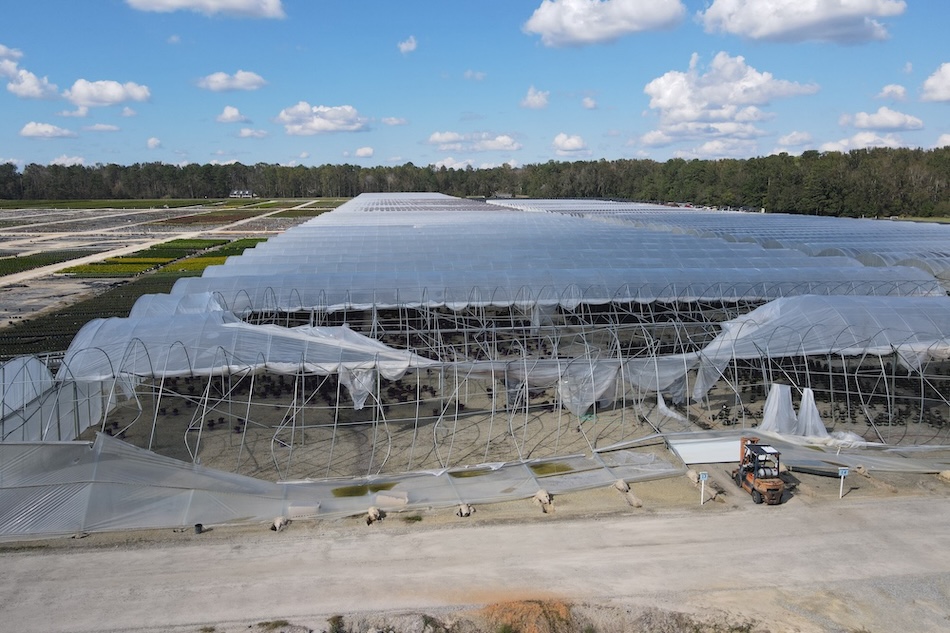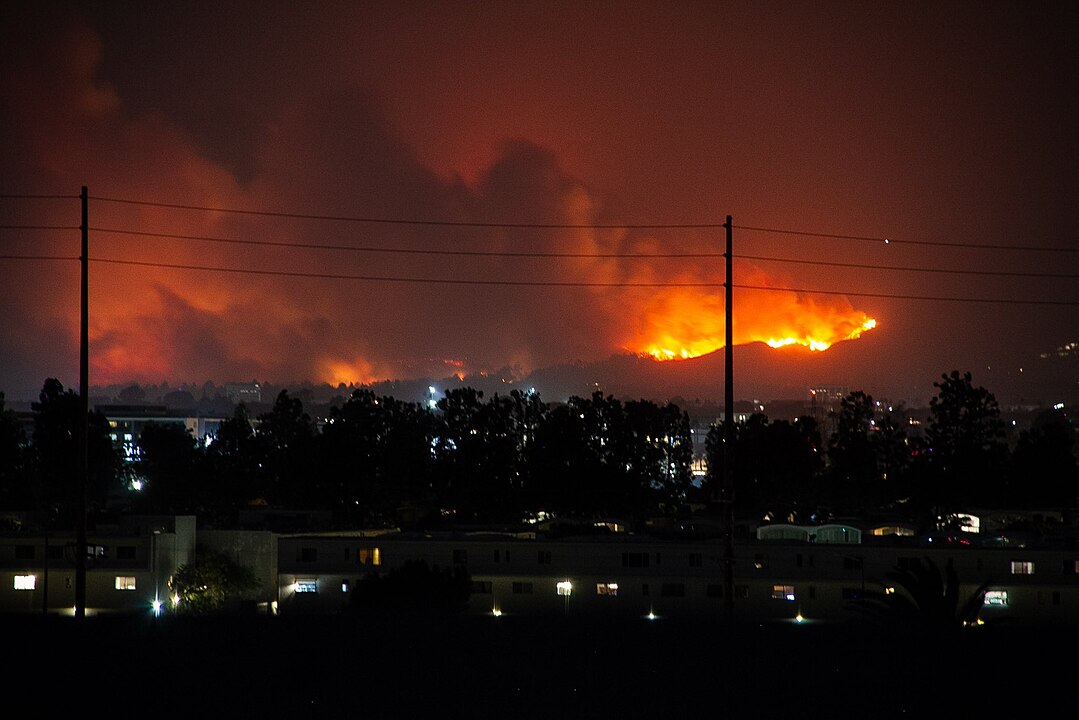Georgia will likely experience a warmer-than-normal and drier-than-normal winter and early spring. Heating demand for this winter should be much less than last winter. Unfortunately, recharge of soil moisture, groundwater, streams and reservoirs will probably also be less than normal.
Climatological winter begins Dec. 1. Climatological spring begins March 1.
El Niño-Southern Oscillation, or ENSO, ocean-atmosphere patterns have a major impact on Georgia’s winter and spring climate. ENSO has three modes of variation. Best known is the El Niño, which typically brings Georgia a cold and wet winter and early spring. Last winter’s and early spring’s climate was typical of an El Niño pattern with cold and wet conditions. The other two modes are La Niña and neutral.
This year the climate pattern is La Niña. With a La Niña pattern, south Georgia has a high probability of experiencing a winter and early spring with above-normal temperatures and below-normal rain.
Across north Georgia, the expected winter and early spring conditions depend on the strength of the La Niña pattern. A strong La Niña pattern increases the likelihood that north Georgia will have a warmer-than-normal and drier-than-normal winter and early spring. A weak La Niña pattern typically means that north Georgia will be wetter than normal during the winter and early spring.
Currently, the La Niña pattern is very strong. There is a high probability that all of Georgia will experience a warmer-than-normal and drier-than-normal winter and early spring.
Though Georgians can expect a warmer and drier cool season, it doesn’t mean there will not be periods of cold, wet weather. It is winter, and the state will have some cold, wet weather.
The winter and early spring weather outlook is based on the most likely outcome. There is still a chance the winter could average colder than normal and/or wetter than normal. However, these are relatively low probabilities.
Up-to-date information on dry conditions across Georgia can be found at www.georgiadrought.org. Updated weather conditions can be found at www.georgiaweather.net.






